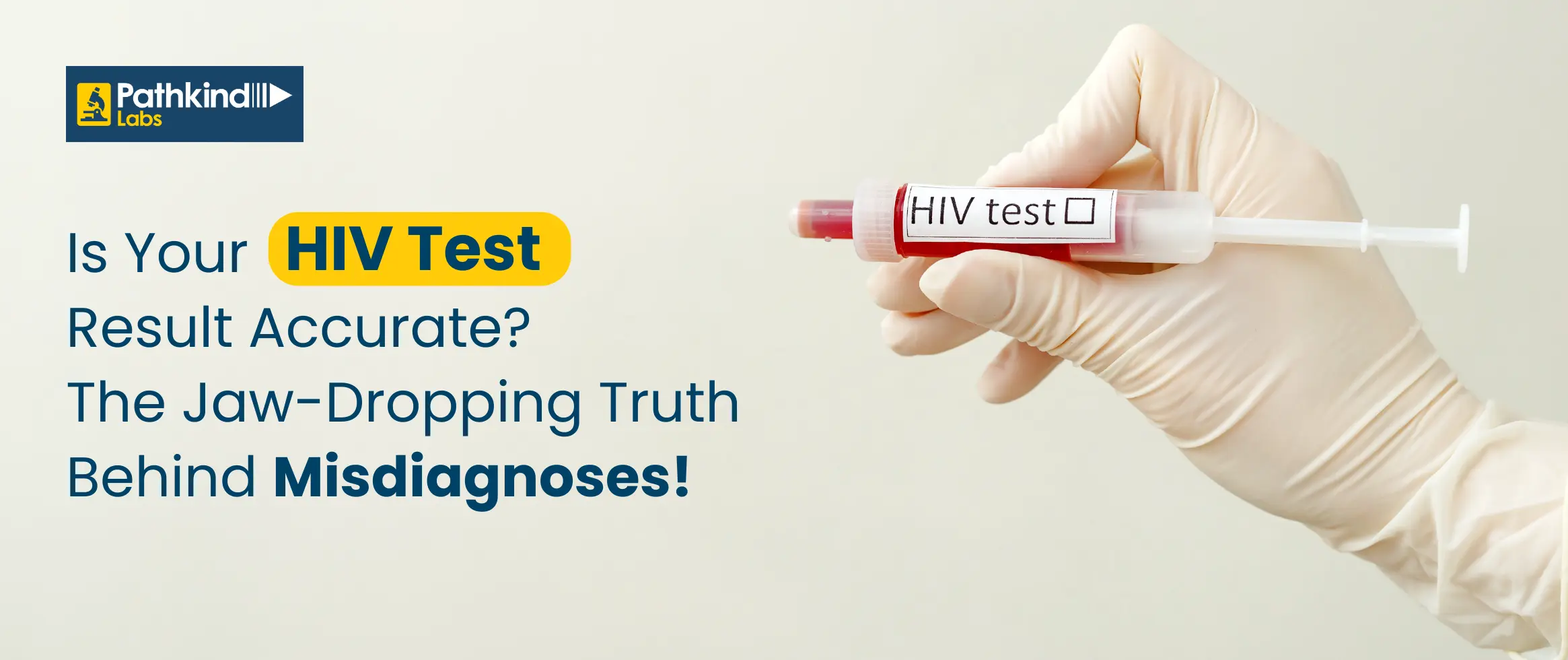Viral Markers (HIV, HBsAg, HCV), Rapid Card
Gender for Male, Female
Report Tat
Same Day 2 hrs
HIV CONSENT MANDATOR...
Sample Type
Serum
Test Overview
Viral Markers (Rapid Card) Test Overview
HIV and viral hepatitis are serious public health problems. The cases of HIV infection and viral hepatitis are related to high risk behaviours which include sharing of needles, intravenous drug abuse and unprotected sexual activity. Rapid Card Test for Viral Markers is a screening procedure for HBV, HCV and HIV infections. This is a qualitative test based on Immunochromaotographic technique for detection of antibodies specific for HBsAg, HCV and HIV.
Labs
Doctors
timely reporting
of Tests
Test Details
Frequently asked questions
Viral Markers (Rapid Card) Test is a screening procedure usually done before all Elective and emergency procedures, and also if you exhibit signs and symptoms suggestive of Viral hepatitis (as described above). These tests are highly suggested for people who have high risk behaviours like sharing of needles, intravenous drug abuse and unprotected sexual activity. This is also a part of screening tests done during Pregnancy.
A negative HCV antibody test means you have not been infected by the hepatitis C virus, while an indeterminate or positive HCV antibody test with negative HCV RNA may indicate past infection. If both HCV RNA and HCV antibody are positive, it signifies you have a current infection with the Hepatitis C virus. A positive Hepatitis B envelope antigen and positive Hepatitis B surface antigen indicates that you have an active infection with the virus. A negative HIV antibody or antigen test usually indicates that you have not been infected by the HIV virus. If both confirmatory and screening tests are positive, it means you have an HIV infection.
If your Viral Markers (Rapid Card) Test results are positive, you should consult with an experienced healthcare professional to start the treatment as per the laid out protocol . Your healthcare provider may order additional tests to confirm the results.
Viral markers are used to monitor the progression of HIV disease. Viral markers are present at all stages of the disease in HIV-infected patients. Currently available viral markers include anti-p24 antibody titers, HIV p24 antigenemia, quantitative RNA and DNA polymerase chain reaction performed on plasma and cells, and HIV isolates phenotype. In Australia, these markers were identified in neonatal infection in acute HIV seroconversion in body fluids other than blood. It is also helpful in monitoring the response to antiviral drug treatment.
Viral markers can be used to detect Hepatitis A, B, and C. Hepatitis A virus spreads when a healthy individual comes in contact with the stool or faeces of an infected person. In rare cases, the virus can also spread through sexual contact. The Hepatitis B virus is spread when an individual comes in contact with an infected person’s body fluid like semen or blood. The Hepatitis C virus spreads when an individual comes in contact with an infected person’s blood. It is most commonly caused due to the sharing of hypodermic needles.
Based on the detection of viral markers, the healthcare provider may save your vital organs from lethal viral attacks. Detection of severe diseases at an early stage can prevent the illness from getting life-threatening and worse. After the results, your healthcare provider will recommend the best possible treatment as per the established protocol.















